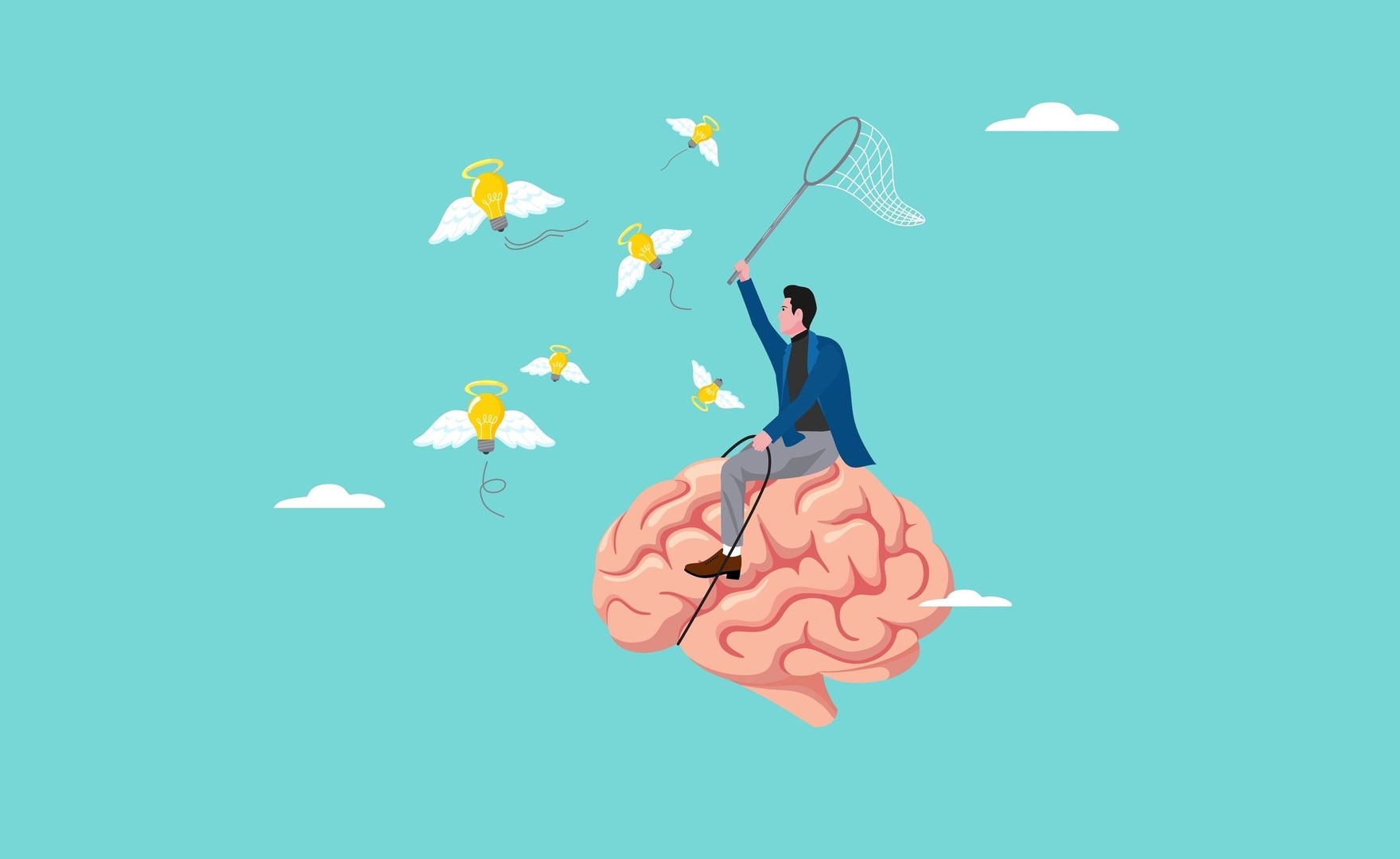The AoEC’s consultancy services are offered to organisations and feature a portfolio of tailored coaching based solutions and products that can serve to address a multitude of issues facing both large and small businesses today.
In the age of AI, coaching is still your best L&D investment
20th May by Karen Smart
Reading time 3 minutes

AI is rapidly reshaping the corporate learning landscape. From hyper-personalised learning pathways to intelligent coaching tools like AIMY, it’s clear we’re entering a new era of workplace development. Josh Bersin’s recent reflections on how artificial intelligence is reinventing L&D highlight just how significant - and fast - these changes are.
But amid the excitement around smart platforms and scalable learning, it’s worth asking: are we in danger of overlooking the fundamentals?
While AI promises new levels of efficiency and reach, the timeless human skills that underpin performance, learning and collaboration remain irreplaceable. And right at the heart of these is coaching.
Coaching skills: not a nice-to-have
In the rush to adopt AI solutions, it’s easy to fall into the trap of prioritising efficiency over depth. But workplace learning is not just about knowledge acquisition - it’s about capability-building. It’s about helping people think better, listen harder, communicate more clearly and manage themselves and others with greater skill.
Coach skills training does exactly that. It cultivates core human competencies that underpin effective leadership, teamwork and performance. Unlike one-off courses or content-heavy modules, coaching skills are applied and practised in the flow of work, which makes the learning stick.
When people are trained to ask better questions, reflect more deeply, give and receive feedback and create space for others to think - that’s when transformation really happens.
What AIMY can (and can’t) do
AI tools like AIMY are genuinely exciting. They promise to make coaching more accessible, more personalised and more embedded into everyday working life. And when integrated into a wider coaching strategy, they can add huge value. But they are not - and should not be mistaken for - a replacement for real coaching or the cultivation of coaching skills in people leaders.
An AI-powered coaching assistant can deliver timely nudges, facilitate structured reflections and support goal setting. But it can’t read the emotional subtext in a team meeting, spot the tension between intention and behaviour, or sit quietly while someone works through discomfort. It doesn’t build psychological safety through presence, nor does it challenge someone’s worldview with empathy.
In short, AI can mimic elements of a coaching conversation. But it can’t replicate the human connection, intuition, or adaptive judgment that a trained coach - or coaching-skilled leader - brings.
The neuroscience case for coaching
In Neuroscience for Learning and Development, Stella Collins highlights how learning that’s social, emotionally engaging and repeated over time is far more likely to stick. Coaching ticks all these boxes.
Unlike passive content consumption, coaching engages people cognitively and emotionally. It supports critical thinking, encourages ownership and prompts people to act on their insights - often with peer support or follow-up.
It’s this active, personalised, emotionally charged learning experience that creates meaningful behavioural change. And that’s precisely what many L&D interventions struggle to achieve at scale.
When organisations invest in developing coaching skills across their workforce - particularly in managers and team leaders - they create the conditions for continuous learning and development to flourish.
Future-ready learning is human-first
If L&D leaders want to remain relevant in the age of AI, they need to do more than digitise their offer. They need to humanise it.
As roles evolve and uncertainty becomes the norm, employees need more than just knowledge. They need the ability to adapt, relate and reflect. Coaching skills directly support these capabilities - and they cascade. A single leader trained in coaching skills can influence dozens of others through how they listen, question and empower their team.
Coaching is not in competition with AI. In fact, AI can enhance and scale aspects of coaching when used wisely. But if we neglect the human element in favour of what’s fast and scalable, we risk hollowing out the very skills our organisations need to thrive.
Coaching skills are not a ‘soft’ addition to an L&D strategy. They are a strategic imperative.
As Bersin himself often alludes to, the future belongs to those who can learn, unlearn and relearn. Coaching skills build exactly that kind of capacity. They foster the self-awareness, curiosity and resilience that AI cannot teach — but that every future-fit organisation needs.
So yes, invest in intelligent systems. Embrace AIMY. Build digital-first learning ecosystems. But don’t lose sight of what truly changes behaviour.
Because if AI is the engine of modern learning, coaching skills are still the steering wheel.
Article
What’s the psychological size of your leadership?
3rd February 2026 by Lee Robertson
When people think about leadership impact, they tend to focus on competence, charisma or clarity of vision. But there is…
Article
Building human skills for a digital world: why coaching matters
15th January 2026 by Lee Robertson
Technology is transforming the workplace at an unprecedented pace. Automation, AI and digital platforms are reshaping how we work, communicate…
Article
Why a team coaching qualification is essential for coaches in the age of AI
20th January 2026 by Lee Robertson
As artificial intelligence rapidly reshapes the coaching landscape, many professional coaches are asking an important question: how do I stay…